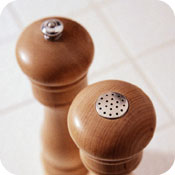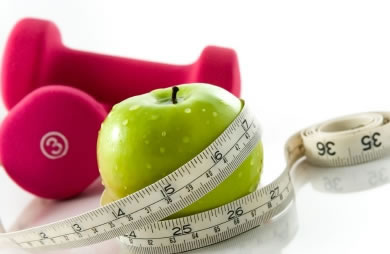 Change... Change... Change! Just when you and your baby have the breast or bottle-feeding skills mastered, it's time to move on to solid foods. And the questions start coming again. How much? How often? What kind? Food allergies? Choking concerns? Wouldn't it be nice if your baby came with feeding directions? Do not worry; starting solid foods is just another parenting adventure. By using the following tips and feeding guidelines, you and your infant will be mastering the high chair in no time.
Change... Change... Change! Just when you and your baby have the breast or bottle-feeding skills mastered, it's time to move on to solid foods. And the questions start coming again. How much? How often? What kind? Food allergies? Choking concerns? Wouldn't it be nice if your baby came with feeding directions? Do not worry; starting solid foods is just another parenting adventure. By using the following tips and feeding guidelines, you and your infant will be mastering the high chair in no time.Food Allergies: It is important talk to your baby's doctor about when to start solid foods and what foods to incorporate and avoid. Based on research data, the food progression listed below is based on the recommendations to help prevent food allergies from the American Academy of Asthma, Allergy, and Immunology (AAAAI) and the American Academy of Pediatrics (AAP).
Having teeth does not mean that your baby can handle all foods safely. Never leave your child alone while eating. Avoid small, round shaped, hard foods. Slippery and sticky foods can also block the air passage. Cut foods into small, irregular shaped pieces. The following foods are difficult for your baby to chew without a full set of teeth. Offer these foods only when your baby can chew and swallow well, at three or four years of age. Continued › |
Starting Solids: Tips and Guidelines
Foods and Feeding Methods
Page 1 of 3 Next Page ›






Member Comments